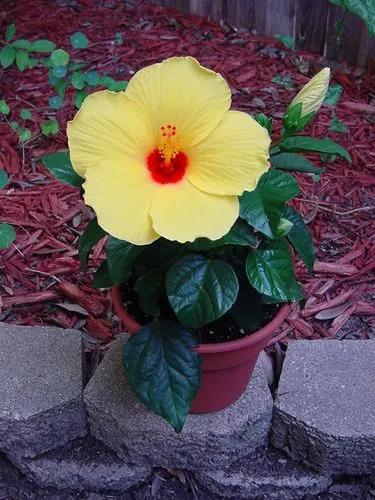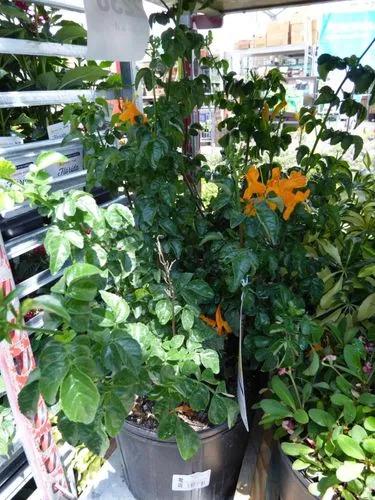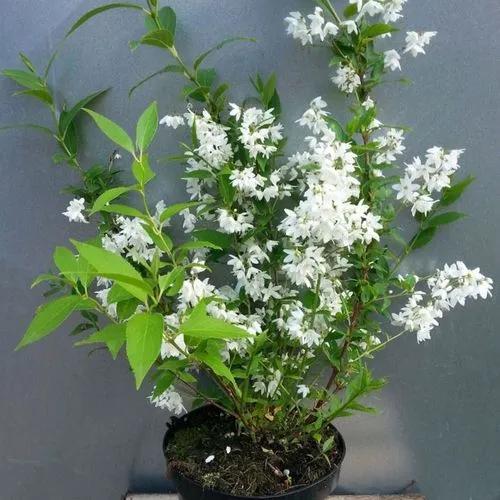Amaranthus hypochondriacus is a ANNUAL/PERENNIAL growing to 1.2 m (4ft) by 0.5 m (1ft 8in).It is hardy to zone (UK) 4 and is frost tender. It is in leaf from April to October, in flower from July to August, and the seeds ripen from August to September. The species is monoecious (individual flowers are either male or female, but both sexes can be found on the same plant) and is pollinated by Wind. The plant is self-fertile.Suitable for: light (sandy), medium (loamy) and heavy (clay) soils and prefers well-drained soil. Suitable pH: acid, neutral and basic (alkaline) soils. It cannot grow in the shade. It prefers moist soil.
Prince's-feather Care
Amaranthus Hypochondriacus



How to Care for the Plant

Water

Although they are drought tolerant, be sure to water them during the dry season preferably one or two times a week

Pruning

Summer / Autumn, possible all year, better after the plant dead or in the spring before the flowers

Fertilizer

Add general purpose fertilizer one or two times a season.

Sunlight

Full Sun, can be with less than full sun, it will affect the amount of flowers, although better to prune the colored leaves mostly grow next to the flowers

Soil

Moist, rich soil, mulch, sometimes the plants need support of cane that the plant won’t fall

Temperature

It grows best in areas where annual daytime temperatures are within the range 19 - 23°c, but can tolerate 10 - 32°c. It can be killed by temperatures of 4°c or lower. It prefers a mean annual rainfall in the range 1,000 - 1,600mm, but tolerates 500 - 2,500mm.

Container

when grow in container size better to be 5-8 liter (1.5-2 gallon), require average amount of water, it’s to keep the soil moist consider to put mulch and can reduce vaporization of the water, need to take care that the soil well ventilated with good drainage, rich with organic matter, can use in potting mix or peat soil with perlite or vermiculite.

Additional

No members of this genus are known to be poisonous, but when grown on nitrogen-rich soils they are known to concentrate nitrates in the leaves. This is especially noticeable on land where chemical fertilizers are used. Nitrates are implicated in stomach cancers, blue babies and some other health problems. It is inadvisable, therefore, to eat this plant if it is grown inorganically.

Popularity

46 people already have this plant 17 people have added this plant to their wishlists
Discover more plants with the list below
Popular articles






